Planet Marx
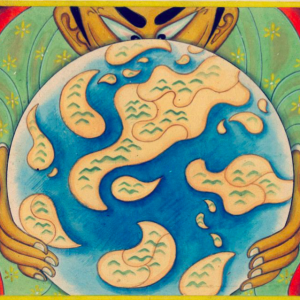
Welcome to Planet Marx
Planet Marx
Time: 2019
Author: Long March Project
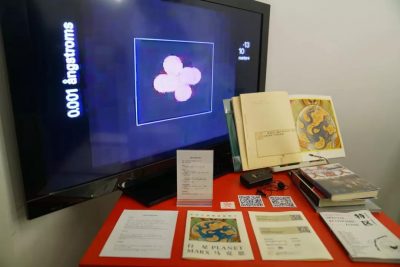
Meeting #1: How Does Planet Earth Become a Sensor?
Planet Marx
Time: March 21, 2019
Location: Long March Space, Beijing
Guest speakers: Zhao Yao, Wang Yijia
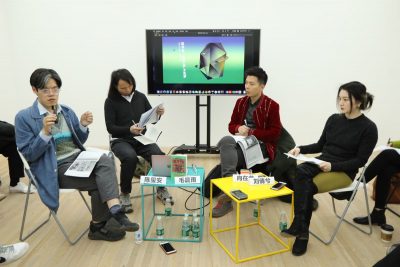
Meeting #2: Earthen, Earthy, Earthly
Planet Marx
Time: April 21, 2019
Location: Taikang Space, Beijing
Guest speakers: Xiang Zairong, Mao Chenyu
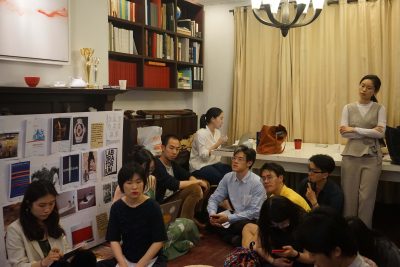
Meeting #3: Chemical Dirt
Planet Marx
Time: May 18, 2019
Location: Center for Visual Studies of Peking University, Beijing
Guest speakers: Jo Wei, Zhangbolong Liu
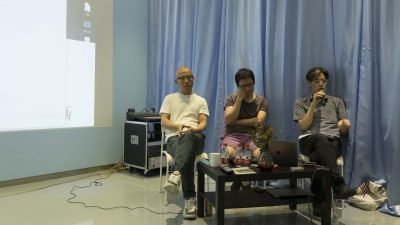
Meeting #5: Broken Production Chain
Planet Marx
Time: June 22, 2019
Location: KWM Art Center, Beijing
Guest speakers: Liu Wei, Song Yi
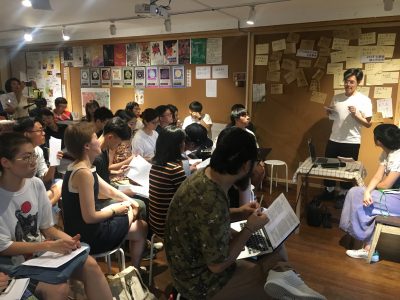
Meeting #6: Cosmos Cooling
Planet Marx
Time: August 3, 2019
Location: 706 Youth Space, Beijing
Speaker: Jia Weng
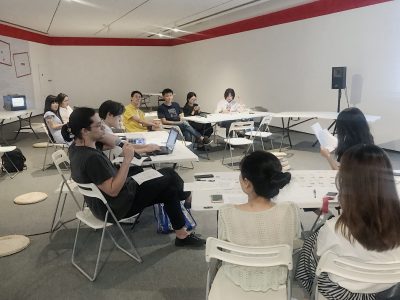
Meeting #7: Disintermediation
Planet Marx
Time: August 24, 2019
Location: Minsheng Art Museum, Beijing
Speaker: David Xu
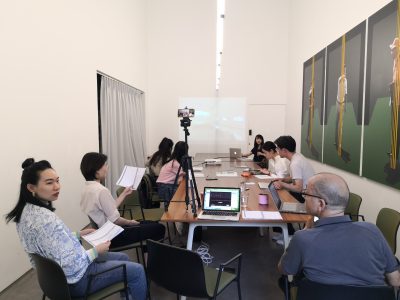
Meeting #8: Post-historic Magic
Planet Marx
Time: September 21, 2019
Location: Long March Space, Beijing
Speaker: Xu Ruiyu
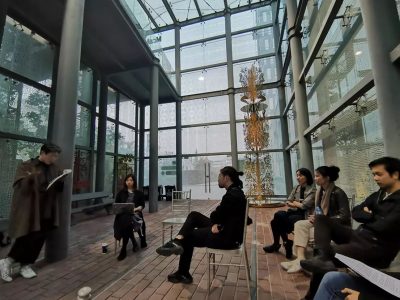
Meeting #9: How to Surgically Exorcise with Technology?
Planet Marx
Time: November 10, 2019
Location: Ming Contemporary Art Museum (McaM), Shanghai
Guest shaman (spirit path): Lin Lichun
Guest speaker (reading path): Long Xingru
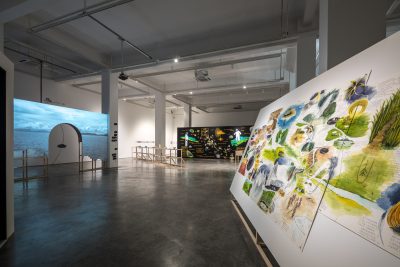
Long March Project: The Deficit Faction
Planet Marx
Time: November 2, 2019 – January 8, 2020
Location: Long March Space, Beijing
Artists: Yin-Ju Chen & Li-Chun Lin, Sheryl Cheung, Aracha Cholitgul, Fong Fo, Hotel Asia Project with Gen Sasaki & Keiichi Miyagawa, Ayoung Kim, Meiro Koizumi, Lee Kai-Chung, Yong Xiang Li, Liang Shuo, Long March Collective, Mao Chenyu, Planet Marx, Xiaoshi Qin, Alessandro Rolandi & Zhao Tianji (Social Sensibility R&D Department), Miti Ruangkritya, Tao Hui, Yi Xin Tong, Wang Tuo, Xiyadie
Long March Project: The Deficit Faction
Planet Marx
Time: November 2, 2019 – January 8, 2020
Location: Long March Space, Beijing
Artists: Yin-Ju Chen & Li-Chun Lin, Sheryl Cheung, Aracha Cholitgul, Fong Fo, Hotel Asia Project with Gen Sasaki & Keiichi Miyagawa, Ayoung Kim, Meiro Koizumi, Lee Kai-Chung, Yong Xiang Li, Liang Shuo, Long March Collective, Mao Chenyu, Planet Marx, Xiaoshi Qin, Alessandro Rolandi & Zhao Tianji (Social Sensibility R&D Department), Miti Ruangkritya, Tao Hui, Yi Xin Tong, Wang Tuo, Xiyadie
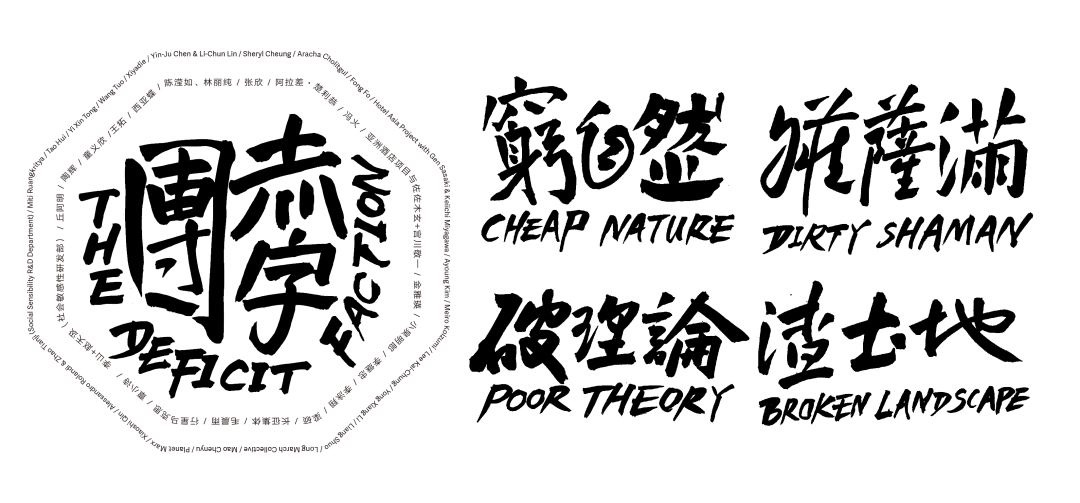
Long March Project: The Deficit Faction
Long March Project proudly presents “The Deficit Faction,” a curated group exhibition born from the monthly
The participating artists navigate between the inside and outside of the existing models of production, observing and narrating the porousness capable of channeling various overlapping flows between technical, cultural and environmental landscapes. Contamination ceases to signify negativity. Just as technology has redefined what we used to call Mother Nature into second nature through tainted synthesis, though this is only to the acknowledgement of new grounds for understanding its ontological nature. At this stage, points of contamination are nodes allowing us to traverse through various categories. “Dirty shaman” would be one such method of reconfiguring a permeable body, with diverse layers of the production of knowledge deployable as if they are porous geological strata.
“The Deficit Faction” is produced by Long March Project and curatorially conceived by LMP researcher Zian Chen, with director Theresa Liang, project manager / exhibition designer Shen Jun, and press officer Clement Huang.
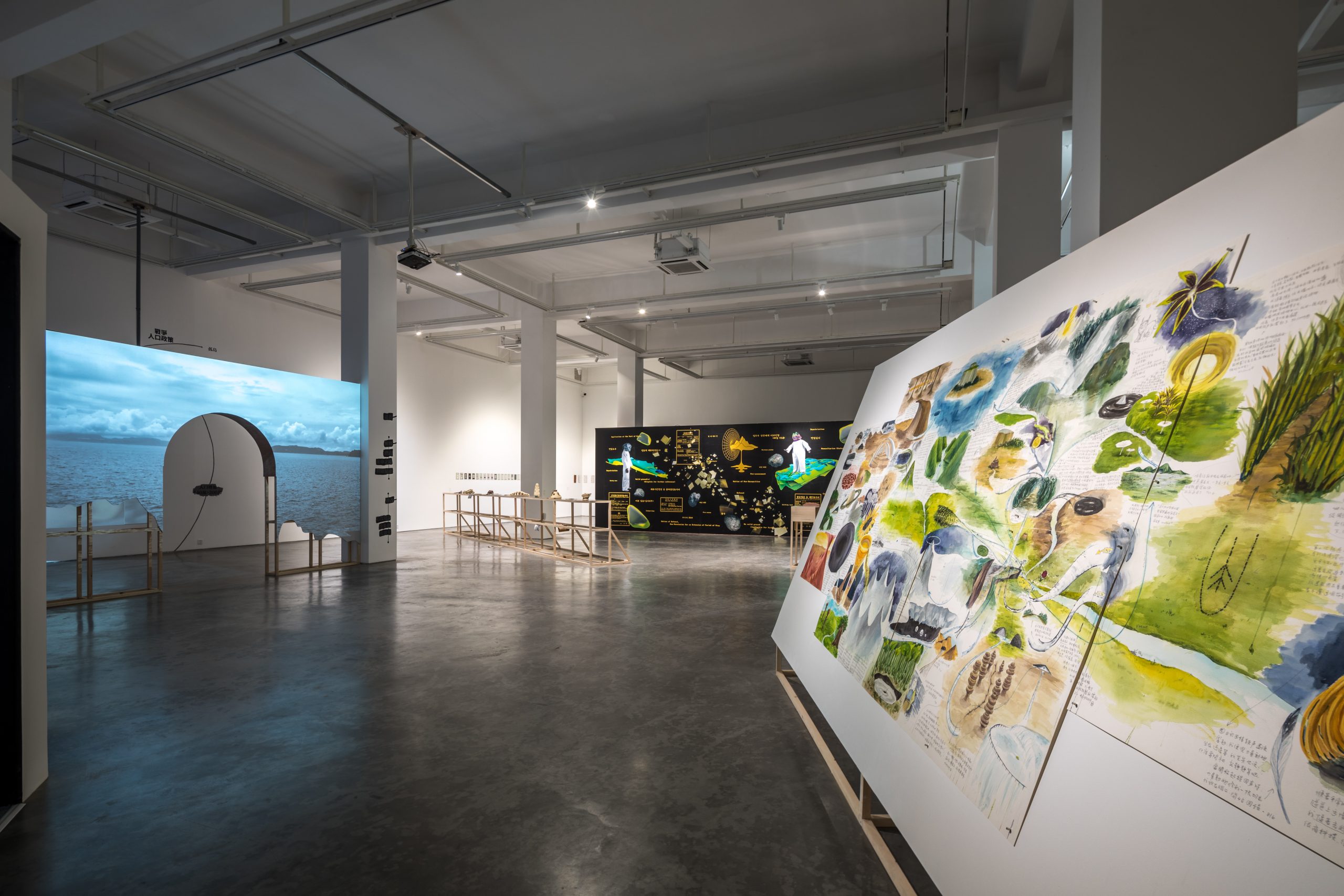
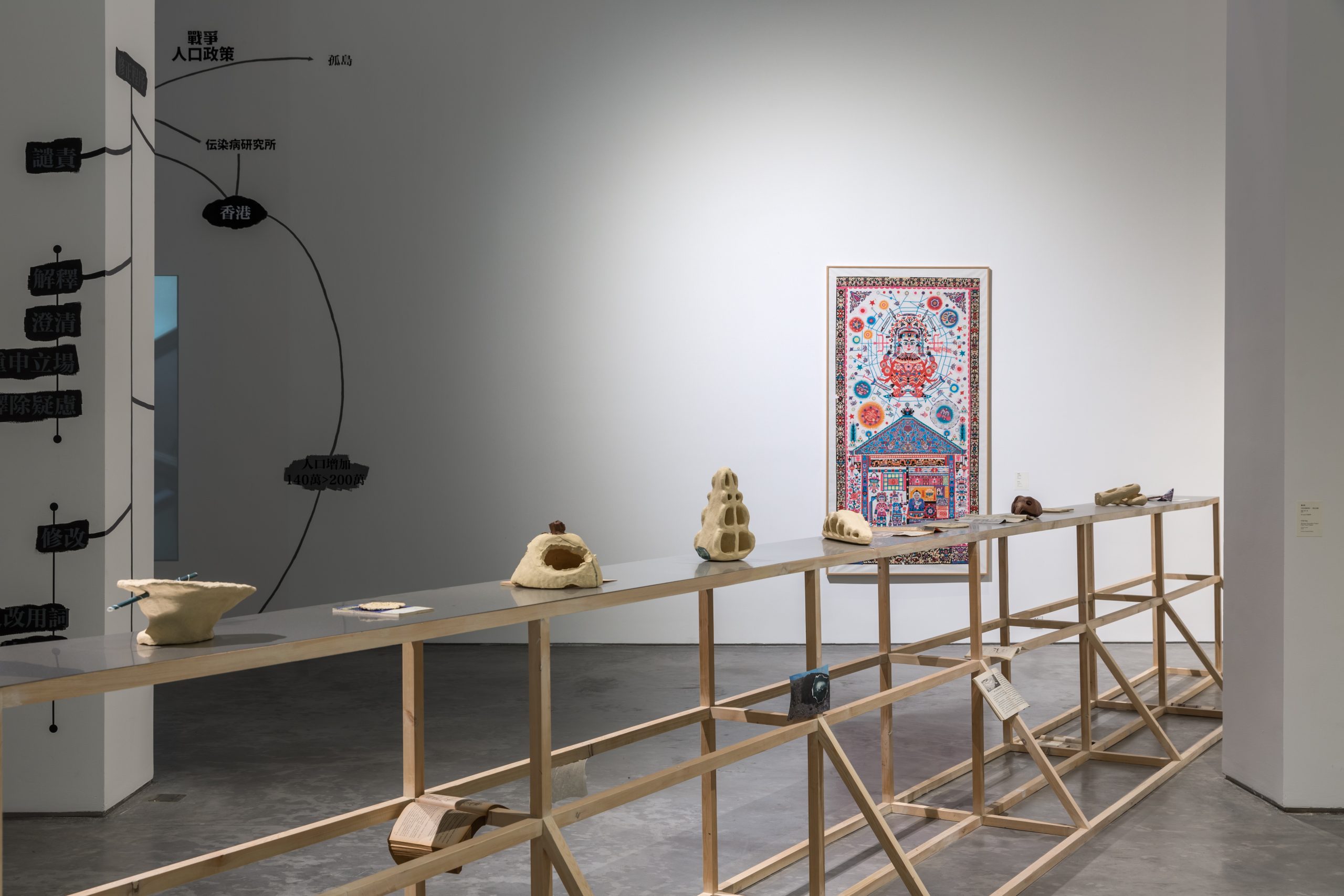
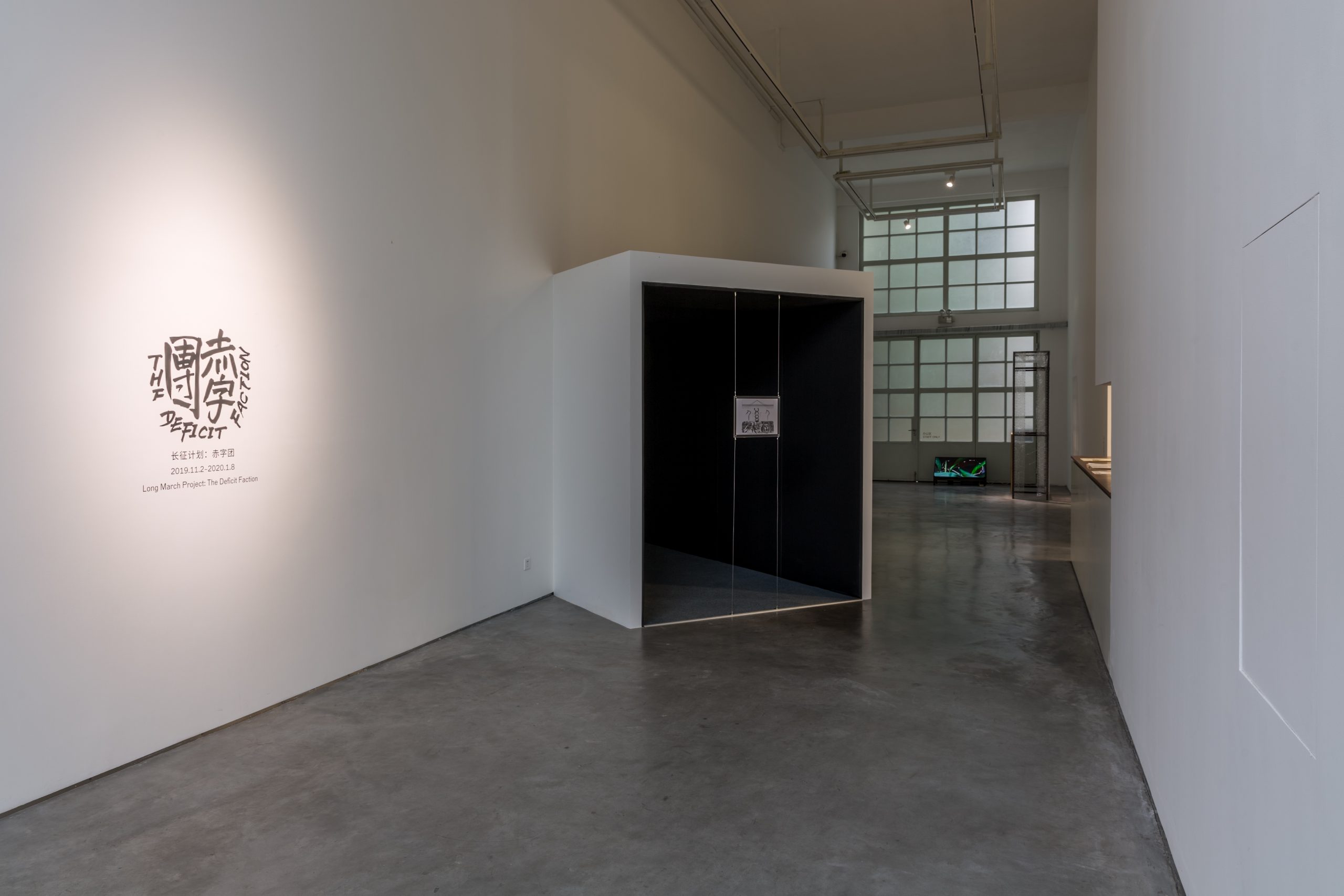
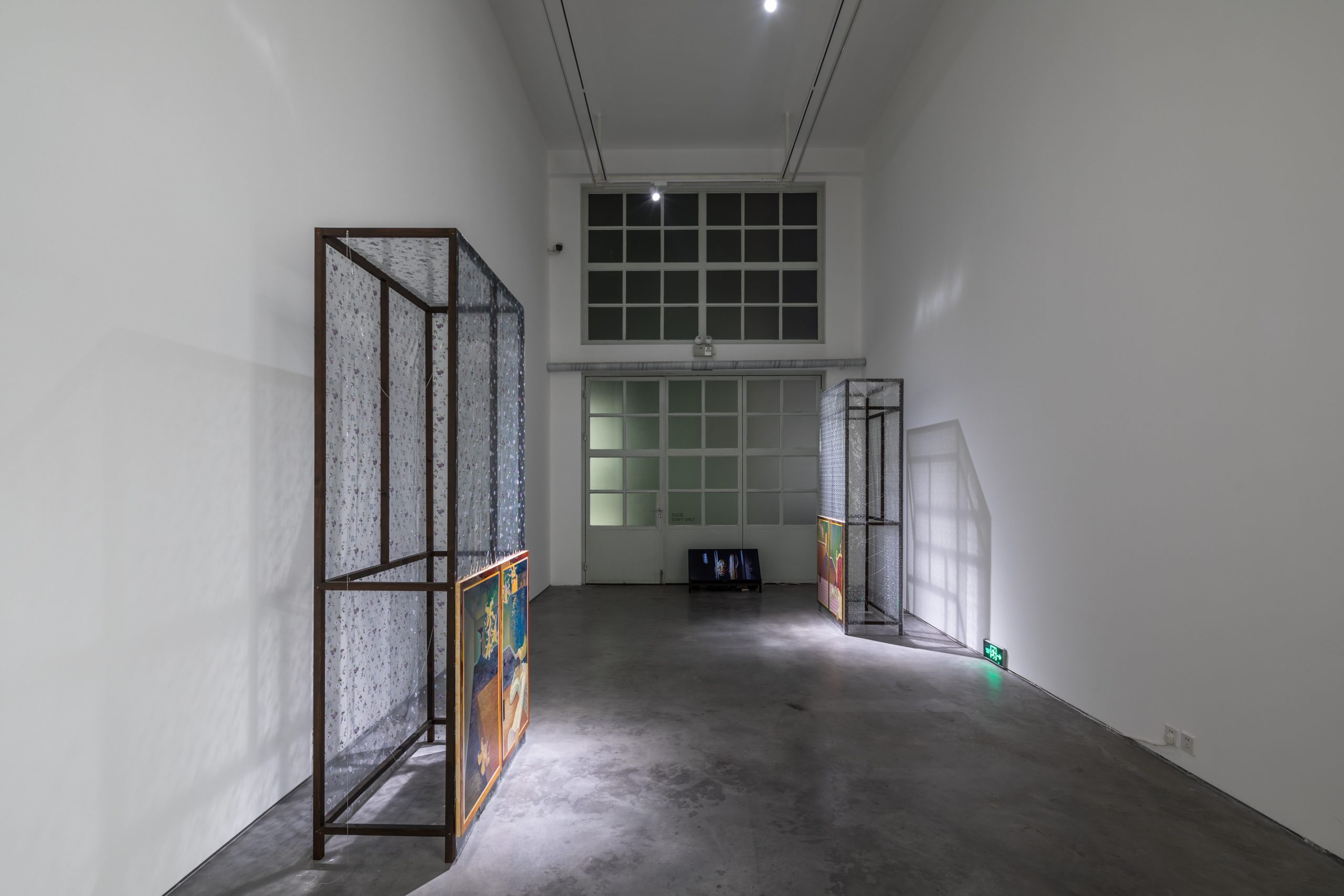

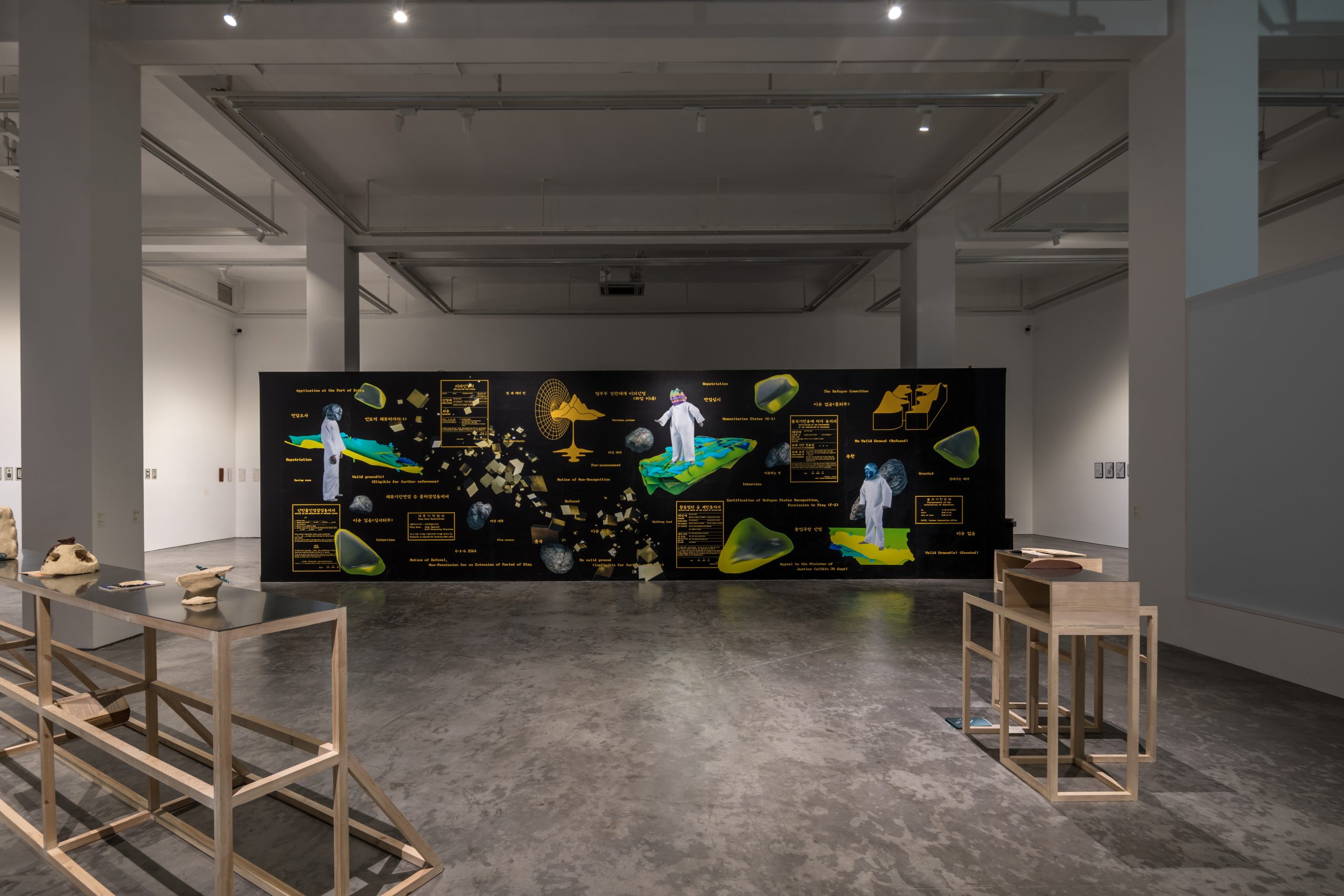
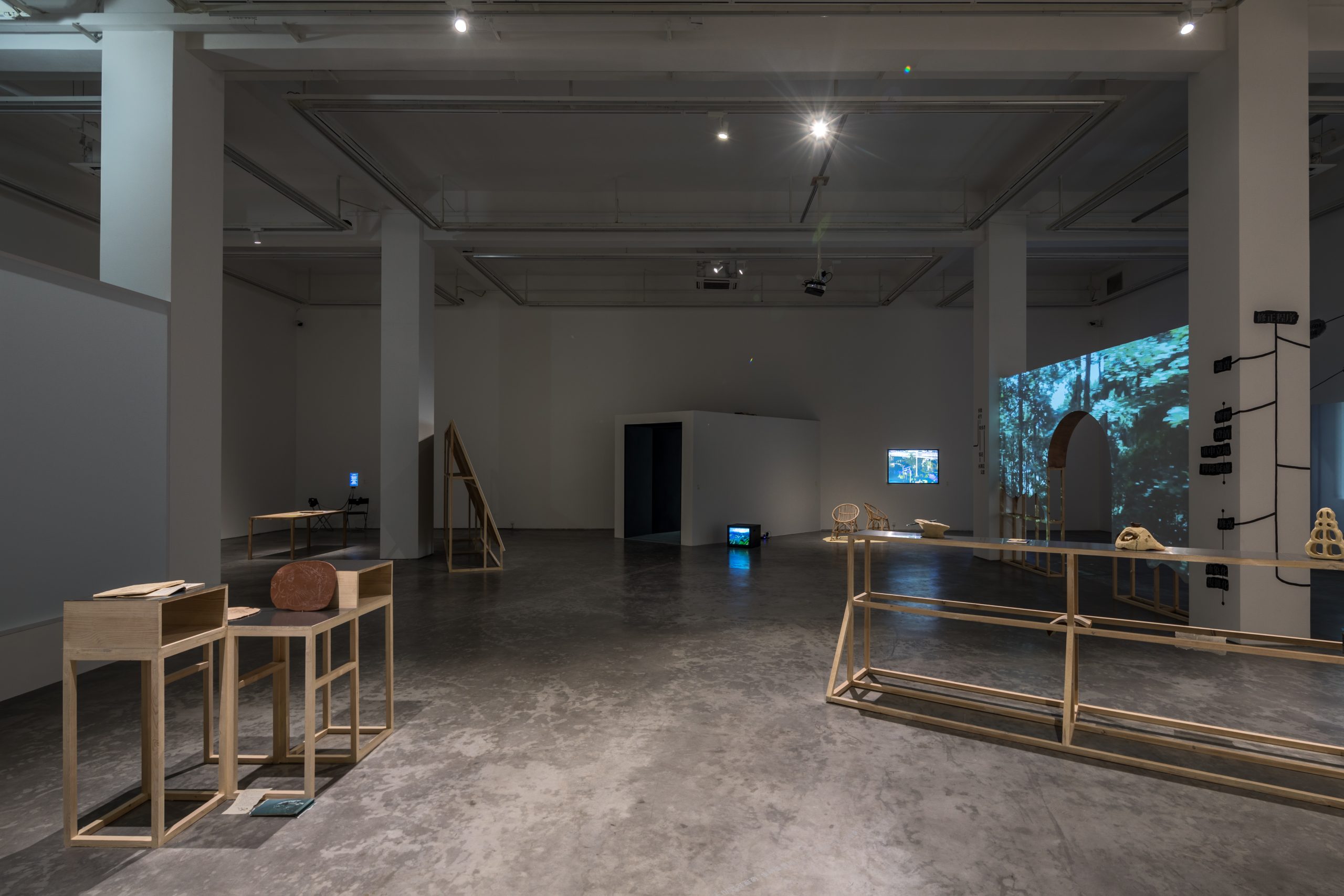
Long March Project: The Deficit Faction
Long March Project proudly presents “The Deficit Faction,” a curated group exhibition born from the monthly
The participating artists navigate between the inside and outside of the existing models of production, observing and narrating the porousness capable of channeling various overlapping flows between technical, cultural and environmental landscapes. Contamination ceases to signify negativity. Just as technology has redefined what we used to call Mother Nature into second nature through tainted synthesis, though this is only to the acknowledgement of new grounds for understanding its ontological nature. At this stage, points of contamination are nodes allowing us to traverse through various categories. “Dirty shaman” would be one such method of reconfiguring a permeable body, with diverse layers of the production of knowledge deployable as if they are porous geological strata.
“The Deficit Faction” is produced by Long March Project and curatorially conceived by LMP researcher Zian Chen, with director Theresa Liang, project manager / exhibition designer Shen Jun, and press officer Clement Huang.
